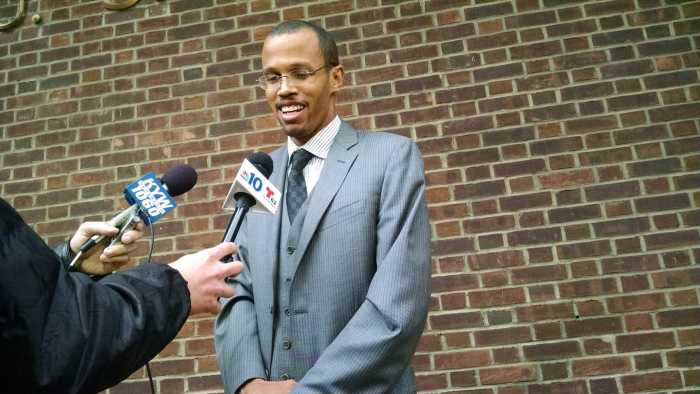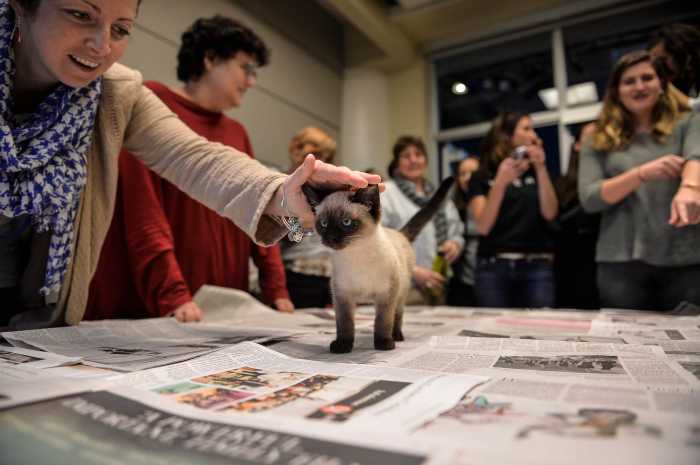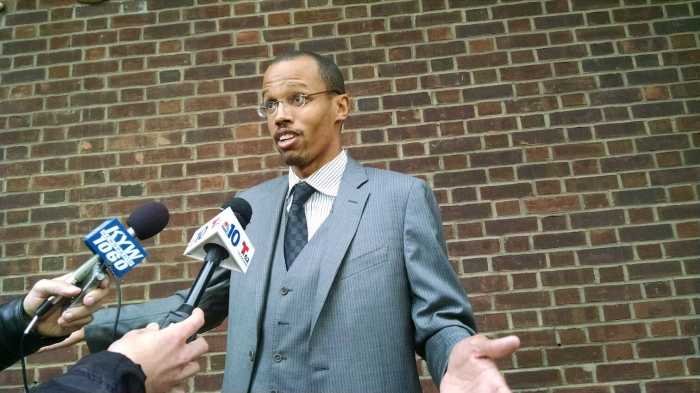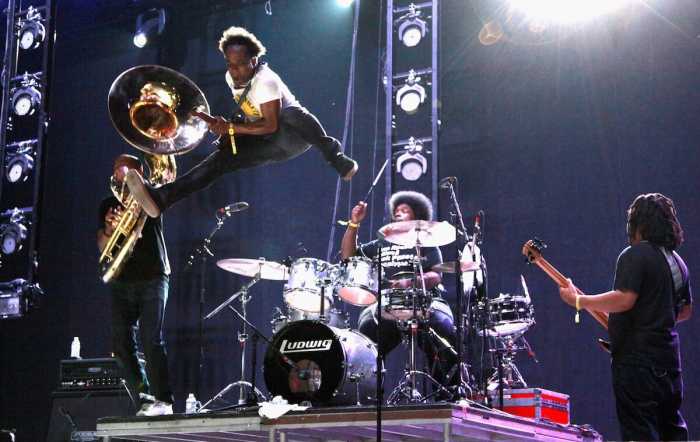The two candidates running for mayor heard what students in Philadelphia public schools want— the basics.
Playgrounds free from rusty, dangerous equipment. Classrooms that don’t leak. Art and music classes.
Diamond Noville, a 4th-grader at Julia Ward Howe Elementary School told Republican Melissa Murray Bailey and Democrat Jim Kenney that her family has been impacted by gun violence.
“I want them to take away all the guns in our city and give them to the police who need them,” Noville said.
RELATED:Philly schools are dangerous, the bathrooms are worse. The one hour Q&A session, sponsored by the Rendell Center for Civic Engagement, featured skits by 4th and 5th graders.
One common refrain from the skits: “they’ll never listen to us.”
“I wish our school had an ID swiping system system to keep intruders out when there is a crime on the street and we are on lockdown,” was a line from a student from a skit put on by the Julia De Burgos Elementary. Kenney, for his part, railed against the NRA, which has made it hard for the city to enact gun control measures. He also called for a community school model that would place medical and social services in schools. Bailey said Philadelphians need to stop waiting for Harrisburg to solve the district’s cash problems.
“The things you said are basic things,” Bailey told students from Isaac Sheppard Elementary School.
Their skit contained this line: “I remember my mom telling me that when she was in school they had art and music class.”
“We’ll never have anything like that in our schools,” came the reply.
RELATED:Philly council urges cursive, may snub district on cash. Kenney said he would let corporations rent the city’s luxury suites at sports and music venues, and give the money to the Philadelphia School Fund for music and art instruction. Teachers could then apply for grants from the fund to use toward art and music. Both candidates acknowledged that the growth in charter school enrollments are eating up a larger percentage of the school district’s budget. The reason, financial analysts say, is that when one or two students leave a school the district cannot shed costs associated with those students, while at the same time, it pays charters what it would have cost to educate those children. Bailey said the answer was to turn entire underperforming schools over to charters — a move that would allow the district to shed costs faster.
Kenney said he believed the charter school funding model shortchanged public schools.
“Just give us back the money we’re losing,” Kenney said.
Asked if he was surprised by the things the students were asking for, Kenney, a city councilman for two decades, said “kids can always teach you something.”
Bailey, asked the same thing, said, “these are things that 4th and 5th graders should be thinking about.”
But Wesley Ewing, a teacher at Ward Howe Elementary, said kids can be counted on to tell the truth.
“It’s not something that’s read in a book,” Ewing said. “These are true experiences in their words,”
Philly kids ask mayoral questions to mayoral candidates, and they’re kinda bleak
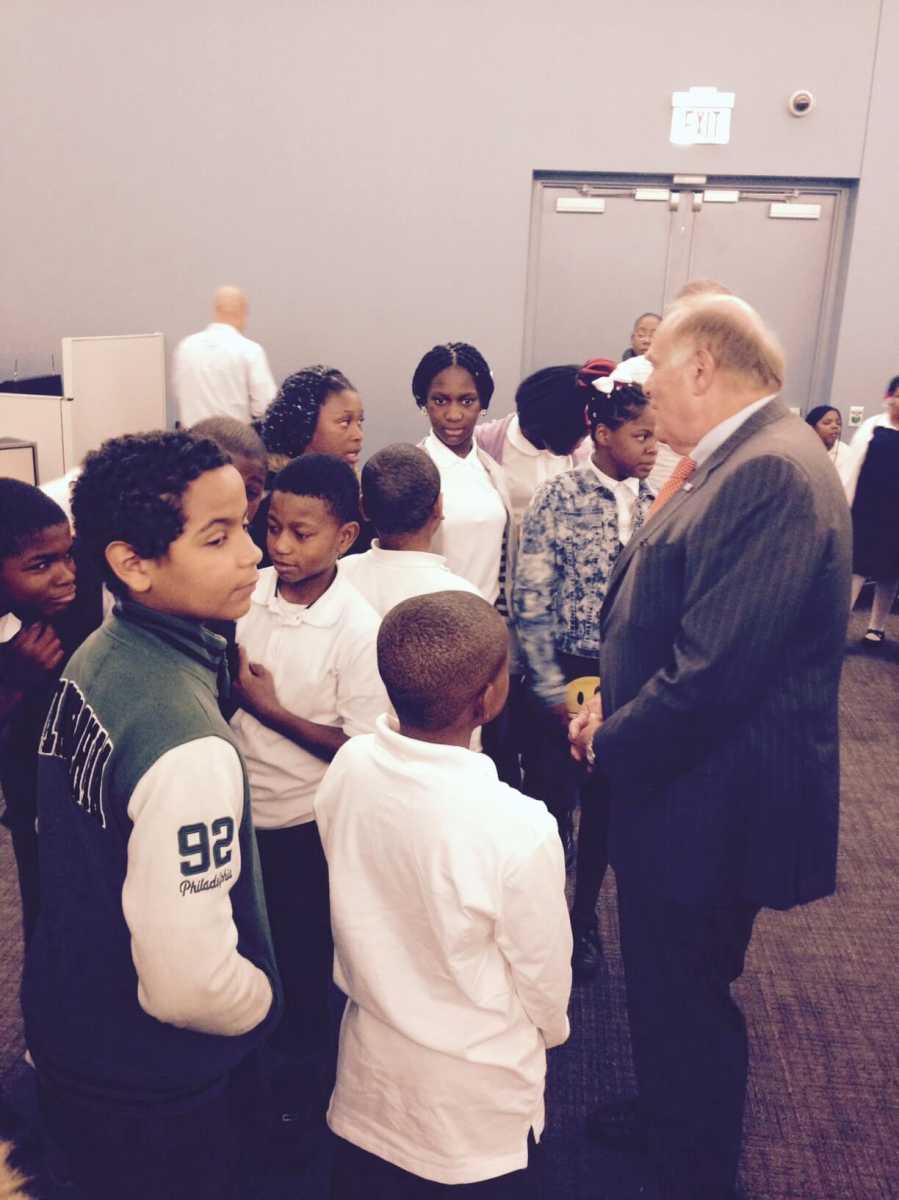
Dan Kelley



